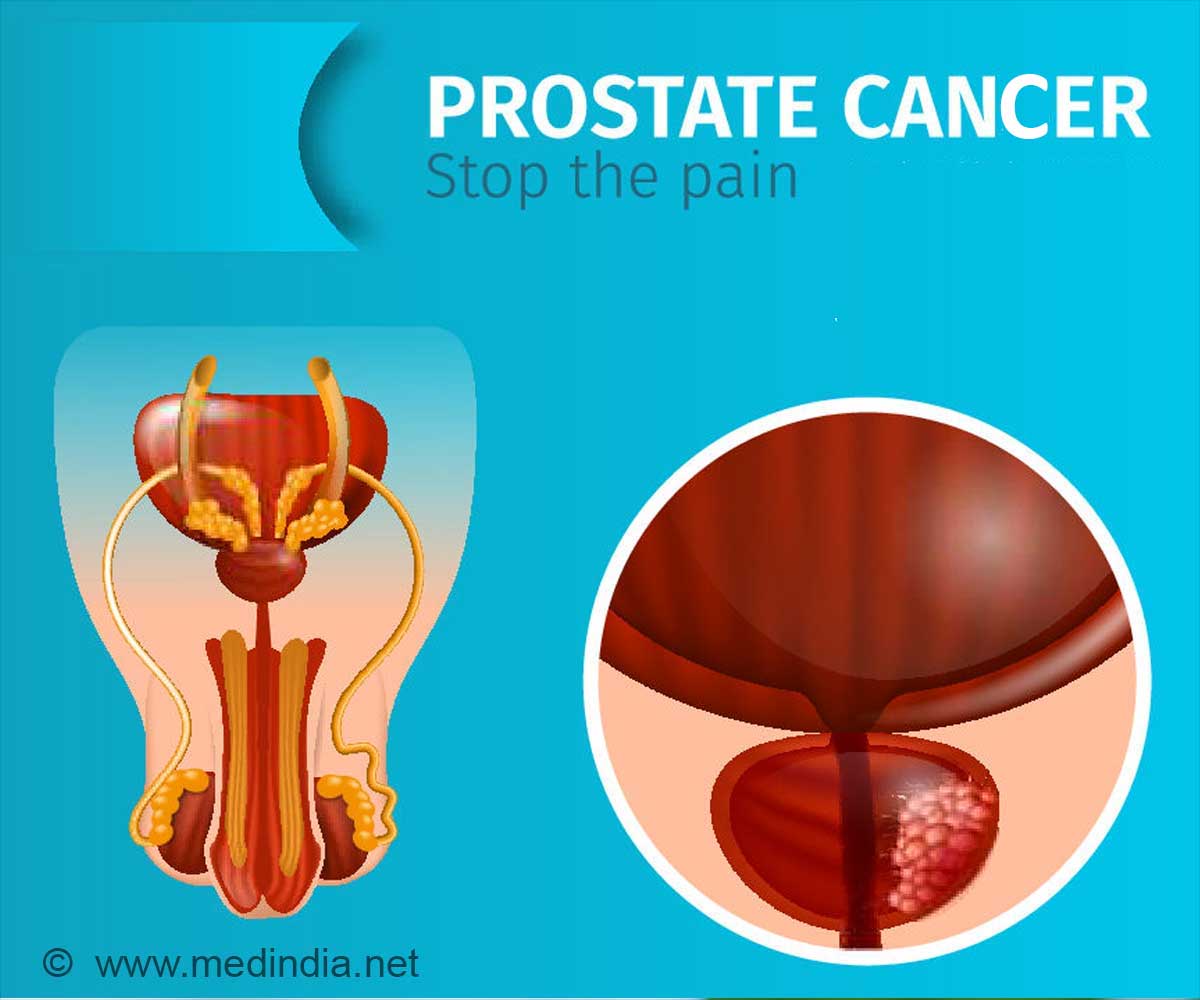Scientists have discovered genetic mutation in castration-resistant prostate cancer.

"This discovery gives us the ability to identify molecular subtypes of prostate cancer known to resist treatment. By finding the mutated enzyme, we can now investigate treatments that block it. This kind of strategy is the crux of personalized medicine which is currently used as the standard of care for some forms of lung cancer and melanoma," said Nima Sharifi, M.D., Kendrick Family Chair for Prostate Cancer Research at Cleveland Clinic, who led the research.
The 3βHSD1 mutation can occur within CRPC tumors and it can also come from germline DNA, which is inherited from maternal and paternal sources.
The research found that laboratory models of human prostate cancer fall into two categories of androgen synthesis: those that make androgens slowly and those that do so rapidly. Next, they found that the 3βHSD1 mutation explains the difference between these two categories and that DNA from some patient tumors also contains this mutation. The mutation works by opening the floodgates to androgen synthesis, essentially throwing fuel on the fire that promotes tumor progression.
In an era of personalized cancer care, there is increased focus on defining and treating cancer by its genetic abnormalities. Tumor-promoting enzyme mutations in several cancers have been identified and, subsequently, have led to the development of targeted drug therapies, improving outcomes for patients.
"The past decade has seen an explosion of molecularly targeted therapies that are matched to specific mutations in a given patient's tumor," says Dr. Sharifi. "However, no drug-targeting based on enzyme mutations exists for the standard treatment of metastatic CRPC. With this finding, we have the opportunity for matching a mutant disease-driving biomarker with a pharmacologic inhibitor."
Advertisement
Source-Eurekalert

![Prostate Specific Antigen [PSA] & Prostate Cancer Diagnosis Prostate Specific Antigen [PSA] & Prostate Cancer Diagnosis](https://images.medindia.net/patientinfo/120_100/prostate-specific-antigen.jpg)













